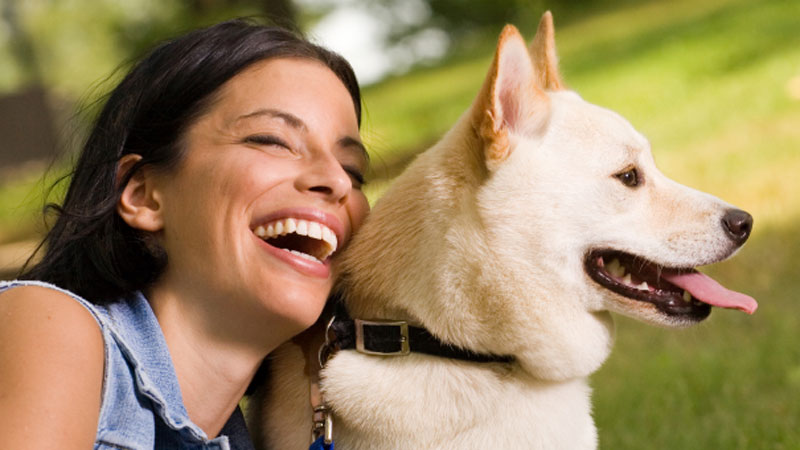Post Operation complications
Complications due to the anaesthetic usually only last for 24 hours. The dog will often remain drowsy for a couple of days. It is not uncommon for the dog to vomit following surgery - this is partly due to being starved beforehand and partly due to the effect of the anaesthetic on the vomiting centre in the brain. It should only occur once or twice, but if it continues into the next day treatment from the vet maybe required.
Sometimes dogs can get diarrhoea postoperatively - again this is not something to worry about unless it continues over 24 hours. Some dogs have the opposite problem and may not pass faeces for a couple of days. Again, nothing to worry about as long as the patient isn't straining. We always advise feeding a light meal following an anaesthetic. Eating as soon as they are able post - anaesthetic is encouraged as this often speeds up recovery and makes them feel better.
Shaking, muscle trembling and vocalisation in the evening following an operation is fairly common and although disturbing for the owner is not usually anything to worry about. It should have stopped by the next day.
Sometimes it is the skin suture line that breaks down - this can be due to the patient being too exuberant, but also due to licking or chewing at the wound. Dogs are usually sent home with a buster collar (cone of shame!) or bodysuit to help prevent this. Licking at the wound can also cause swelling and/or infection, so it is really important that dogs are stopped from doing this. Infections can be treated with antibiotics but can lead to wound breakdown. This may require a repeat anaesthetic to suture the wound.
Surgical complications can occur up to 2 weeks following the operation. All surgeries involve a cut to the skin whether it is to remove a lump, repair a broken bone or a routine neutering. Complete recovery is not assured until the skin incision has healed; this can take around 2 weeks, or even longer if bones are involved - around 6 weeks.
Most incisions are sutured with multiple layers of stitches. A hernia can occur if one of these lower layers of stitches fails and a hole allows tissue to leak out under the skin. The most common reason for a hernia to develop is because the patient has been too energetic following surgery. It is advised to do short lead walks only in the 10 days following surgery, avoid jumping, and playing with other dogs. Hernias will require a repeat surgery to repair them.
Suture lines are most itchy 24-72 hours post-operatively, so this is a critical time to make sure your dog does not have access to the wound. Most dogs can eat and drink comfortably when wearing a buster collar , however if they find it difficult it can be removed temporarily. It should be replaced overnight or whenever you are going to leave the patient unattended. T- shirts are well tolerated by most patients however they must be removed to allow urination and defaecation. They must be kept clean and dry. They obviously don't work if the surgical wound is on a limb or tail!
Some swelling under the wound is to be expected as the body starts to heal itself, but excessive fluid can be painful and also predisposes to infection. Swelling is minimised by rest, no jumping and lead walking only. If excessive fluid has built up then it can be drained by your vet, this can usually be done without the need for sedation or anaesthetic.
A small amount of blood-tinged fluid from the wound in the first couple of days post operatively is normal but anything more can indicate wound breakdown, infection or haemorrhage. This needs to be checked by a vet as soon as possible.
If your dog does chew out its stitches, then seek veterinary advice as soon as possible. Stop licking immediately and cover the wound with a clean bandage or towel to prevent damage to the tissues under the skin.


